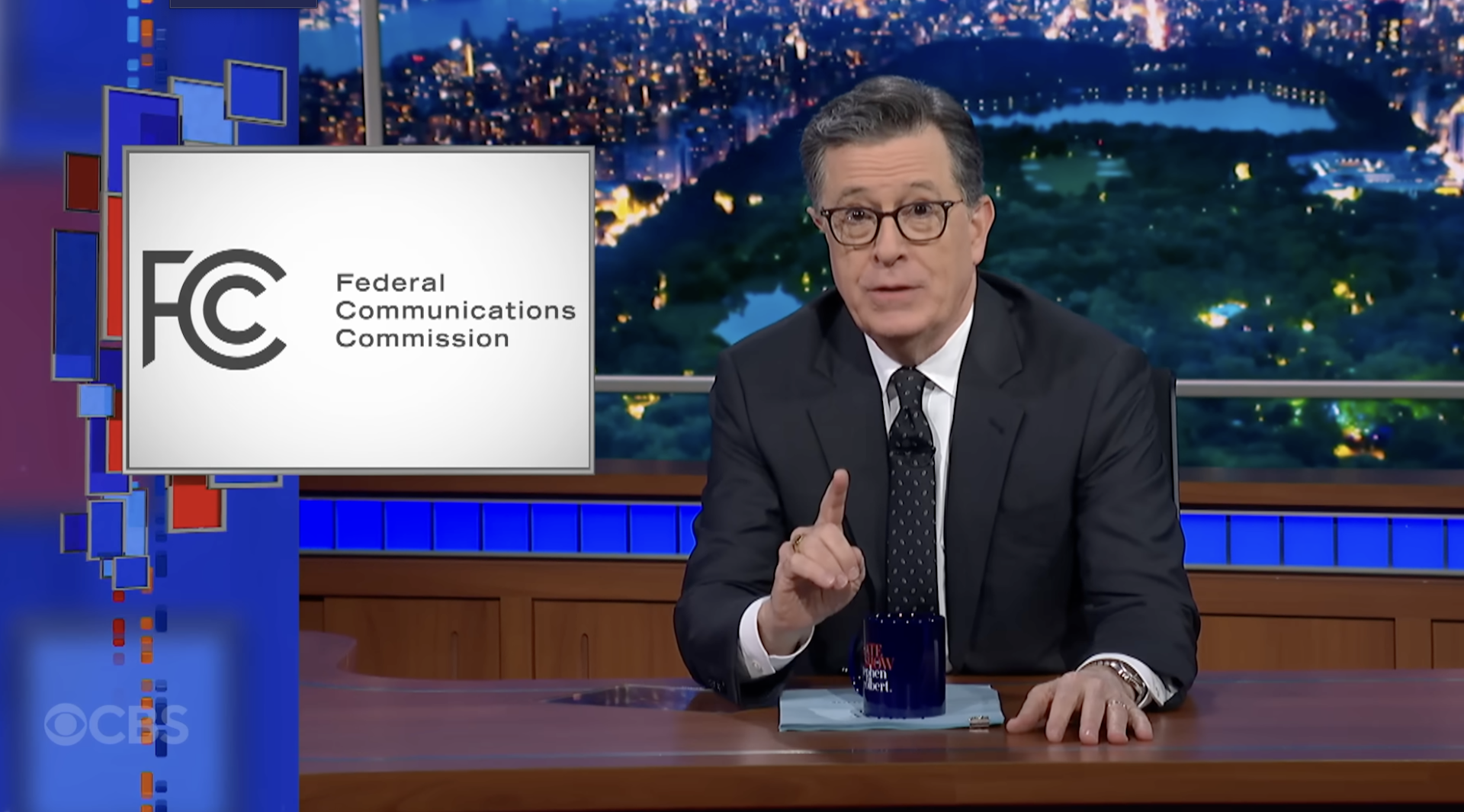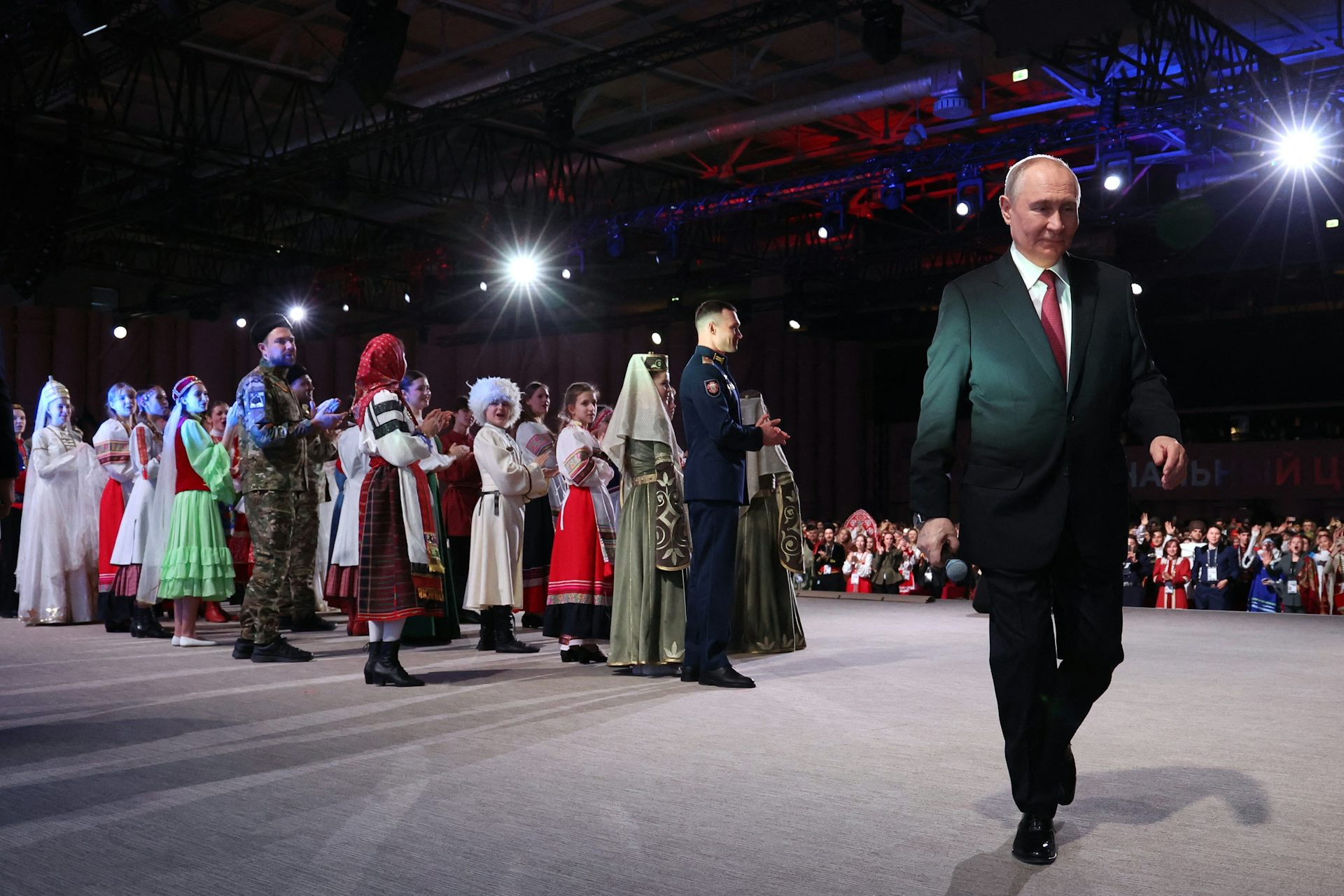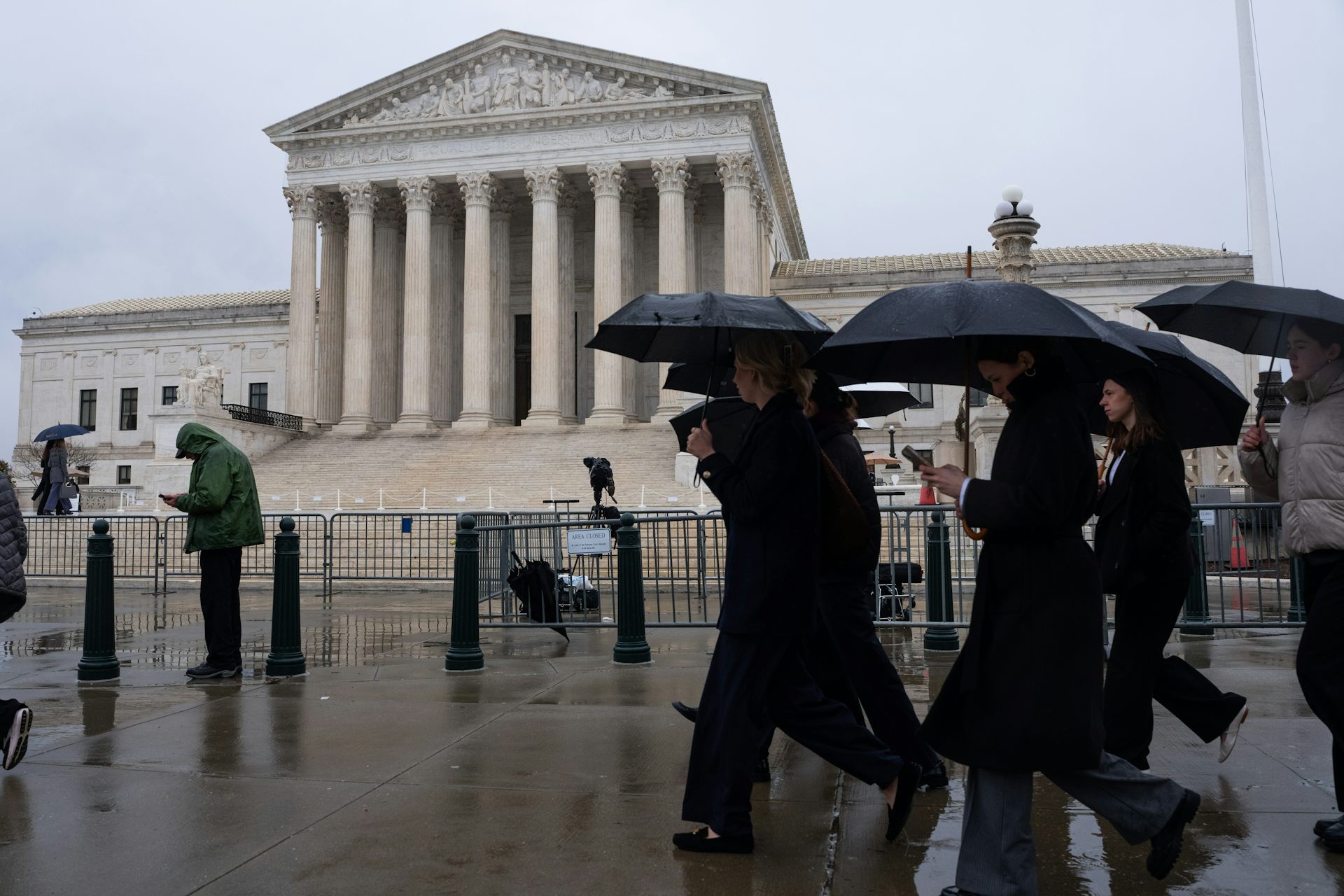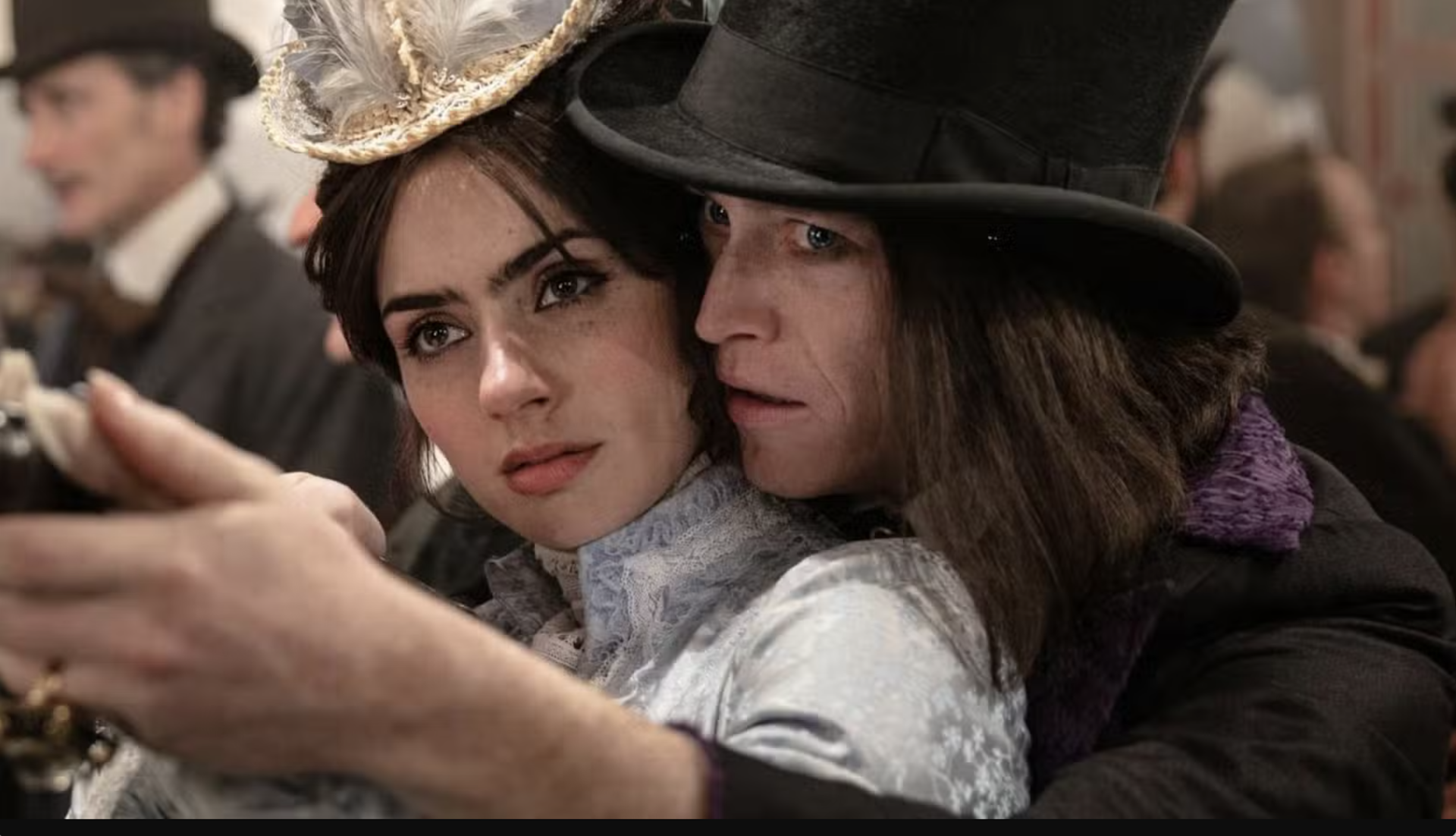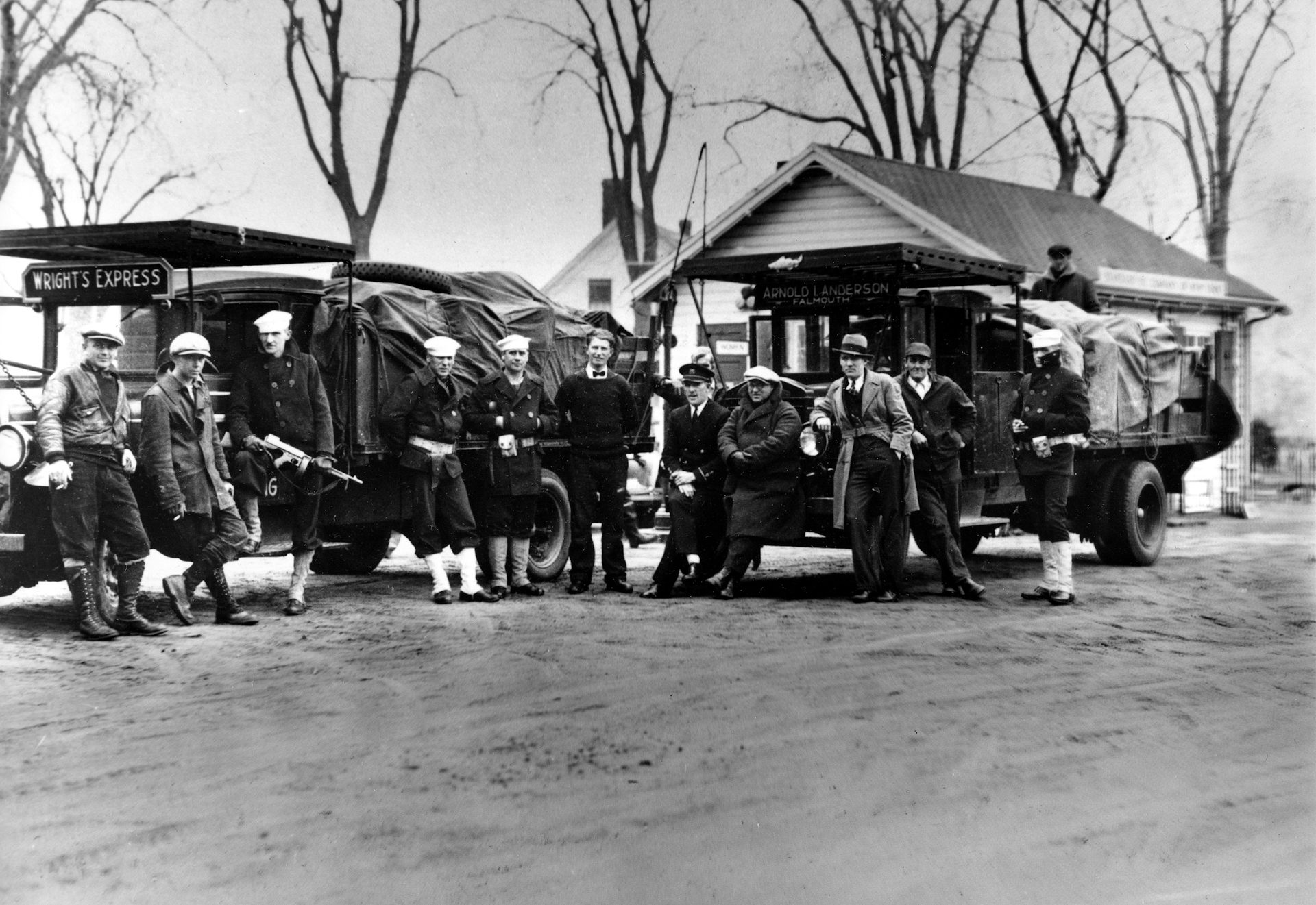#UsToo: How antisemitism and Islamophobia make reporting sexual misconduct and abuse of power harder
In minority faith groups that already face hate, women who have experienced harassment sometimes fear bringing negative attention to their community.
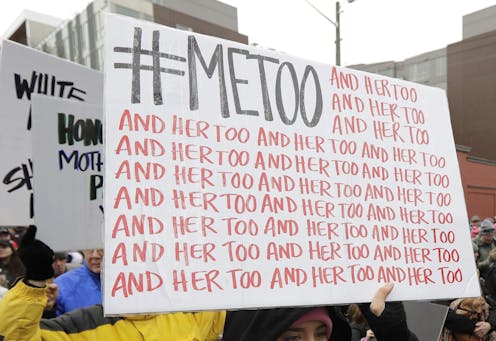
October 2023 marks the anniversary of #MeToo: six years since actor Alyssa Milano’s tweet calling for women to speak out about experiences of abuse went viral and helped launch a global movement. Ever since, #MeToo has been shorthand for people’s experiences with sexual harassment and assault, from film sets and office buildings to college campuses and religious communities.
Many articles about #MeToo and religion focus on large churches, such as the Southern Baptist Convention – spaces that are mostly white and Christian. Yet the phrase “Me Too” was first coined as a rallying cry against abuse by a Black Christian activist, Tarana Burke, back in 2006. Meanwhile, the perspectives of women in minority racial, ethnic and religious groups were often overshadowed – a focus of my research on Jewish studies and gender.
These women face added challenges when they break the silence around sexual misconduct and abuse of power, as I document in my book “#UsToo.” Many Jewish and Muslim women of color navigate three kinds of oppression simultaneously: sexism, racism and antisemitism or Islamophobia.
My interviews with dozens of women illustrate how race and religion affected their experiences of sexism, underscoring the need to normalize speaking out.
’Dirty laundry’
Jews and Muslims both experience prejudice, making them hesitant to draw attention to something negative that others could weaponize. It is often harder for minority victims to speak out about abuse because they do not want to disparage their own faith communities, for fear of fueling hated.
This problem is not exclusive to Jewish or Muslim communities but rather a general problem for all subcultures. Publicly airing communal “dirty laundry” is seen as precarious, both for the individual and for the ethnoreligious group.
Jewish and Muslim women in the United States are diverse, from different levels of religious observance to ethnic identity. For many, though, cultural taboos make it harder to speak out, compounding concerns about antisemitism and Islamophobia.
The Jewish concept of “lashon hora,” for example – Hebrew for “idle gossip” – sometimes deters women from calling out bad behavior. Likewise, text in the Quran refers to talking about someone else’s actions as “backbiting” – literally, “eating the flesh off your brother.”
The #MeToo movement has lessened the likelihood that, going forward, women will be shamed for speaking out. Women I spoke with recalled being warned previously against raising concerns within their communities and being told it would ruin the career or even the life of the abuser. However, these concepts continue to cause concern among those who do.
Risks of silence and interdependence
The insularity, sense of connection and interdependence within some minority communities can be conducive to abuses of power. Jewish philanthropy leader Maxyne Finkelstein has referred to the sense of familiarity in some Jewish organizations as “living room syndrome”: the tendency to act more casually than in a community or organization where people do not share as much cultural background.
In a poll of 2,376 people from many different faith groups, Jews were the second-least likely to report unwanted sexual advances from a faith leader to law enforcement: just 12% of victims told police, according to the Institute for Social Policy and Understanding. As in other religions, however, sexual misconduct and abuse of power exist in many kinds of Jewish spaces, from summer camps and foundations to synagogues and academia.
In June 2018, I publicly shared my experience of a prominent sociologist using the pretense of professional advice to sexually harass and assault me. Given his status, my op-ed was shared widely. Word spread quickly in the Jewish community, and other women came out of the woodwork about his behavior.
Initiatives around #MeToo in the Jewish community have taken off in the past few years. One of the most visible was the 2018 founding of the SafetyRespectEquity Network, which brought Jewish organizations together under one umbrella to strive toward eliminating sexual harassment and misconduct, as well as discrimination based on gender and sexual orientation. Sacred Spaces, incorporated in 2016, is another organization that brings Jewish values to its work addressing and preventing abuse.
Walking a tightrope
Like Jewish women of color, many Muslim American women are triple minorities: female in a society where women are still “the second sex”; a religious minority in a predominantly Christian country; and often judged by the color of their skin. Being a triple minority exacerbates the challenges of speaking out about sexual harassment and assault.
In many ways, Muslim women of color had a steeper hill to climb than Jewish women, given the xenophobia, racism and Islamophobia that have been prevalent in the U.S. since the terrorist attacks of 9/11.
Nevertheless, some Muslim women affected by sexual misconduct have been working for years to bring it out of the communal closet and into the public eye. In 2004, for example – two years before the phrase “Me too” was coined – a Muslim woman named Robina Niaz started Turning Point, an organization that offers counseling, advocacy and youth programs to help women and families understand that sexual abuse and violence are not their fault.
In 2017, Nadya Ali – a Ph.D. student in biology at the time – directed the film “Breaking Silence,” which aimed to raise awareness of abuse in Muslim communities. Voted best short documentary at the Los Angeles Women’s International Film Festival, the film underscores that taboos around discussing sex did not prevent abuse; instead, they protected sexual predators and silenced women whom they abused.
Researchers found that although unwanted sexual advances from faith leaders were no more prevalent among Muslims than other faith groups, Muslims were slightly more likely than other victims to report the incident to law enforcement: 54% compared with 44%, according to the Institute for Social Policy and Understanding. In almost all other religious groups, women are more likely to report sexual violence to another member of their faith community than to law enforcement – whereas many Muslim women are more comfortable telling strangers about being sexually abused than telling their own community.
Many of the women I interviewed live on a tightrope: calling out the patriarchy and sexual misconduct they experienced, while defending their community against anti-Muslim stereotypes.
The Muslim communal response to #MeToo includes organizations to combat gender-based violence. HEART, a sexual health and reproductive justice organization founded in 2009, offers education and resources to discuss sexual relationships and violence. More recently, FACE, which stands for Facing Abuse in Community Environments, has investigated sexual, physical, financial and spiritual abuses. In Shaykh’s Clothing, founded in 2017, works with individuals and institutions to prevent abuse, hold abusers accountable and educate Muslims about recognizing abuse and standing up to it.
Despite this progress, many Jewish and Muslim women are still apprehensive about reporting coreligionists, as are women in larger Christian communities. The United States has not yet normalized reporting, and neither have our faith communities. Sharing women’s stories and organizing for change – while battling antisemitism and Islamophobia – will keep the #MeToo movement moving, which I believe will create a better world.
Keren McGinity does not work for, consult, own shares in or receive funding from any company or organization that would benefit from this article, and has disclosed no relevant affiliations beyond their academic appointment.
Read These Next
Why Stephen Colbert is right about the ‘equal time’ rule, despite warnings from the FCC
The ‘equal time’ rule has been around for a century and aims to promote broadcasters’ editorial…
As war in Ukraine enters a 5th year, will the ‘Putin consensus’ among Russians hold?
Polling in Russia suggests strong support for President Vladimir Putin. Yet below the surface, popular…
Supreme Court rules against Trump’s emergency tariffs – but leaves key questions unanswered
The ruling strikes down most of the Trump administration’s current tariffs, with more limited options…


